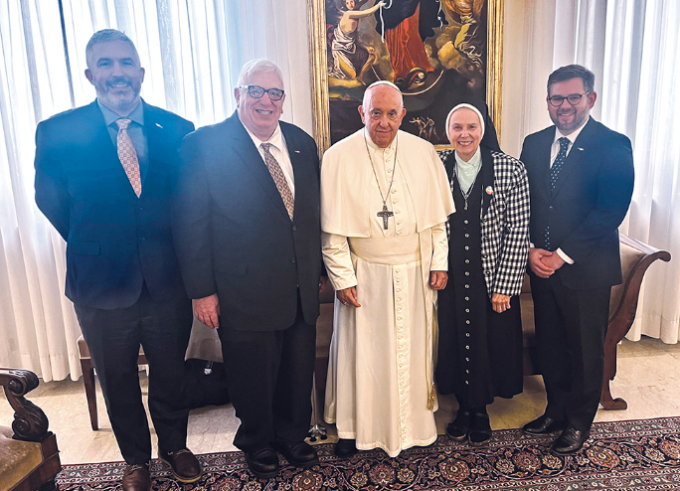The post below was first published on October 31st, 2017 and I present it again today (only slightly revised) in commemoration of Reformation Day, 2023!

Today marks the 506th anniversary of the beginning of the Reformation, when a 33-year-old Augustinian friar, Martin Luther, nailed his 95 Theses to the door of All Saints’ Church in Wittenberg, in Saxony, Germany on October 31st, 1517. The Holy Spirit would use Luther and the other Reformers in a mighty way to recover the Good News! Gospel of salvation by God’s grace alone, through faith alone, in Jesus Christ alone that was preached by the New Testament church, but had been buried beneath layers of religious legalism, ritual, tradition, and ceremony created by the institutional church of Rome.
I’m so grateful for the early Reformers. It took great courage and faith for Luther, Zwingli, Calvin, and the others to oppose Rome at a time when such opposition should have meant certain death. Over the ages, many believers were persecuted and even martyred for their faith in Christ. I can pick up my Bible and read it any time of the day. I can also gather with other believers and worship the Lord according to His Word without restriction. I’m mindful of the many Christians who gave their lives rather than deny their faith.
I was baptized into the Roman Catholic church as an infant and educated at a Catholic grammar school and high school. In my 27 years as a Roman Catholic, I never heard the Good News! Gospel of salvation by God’s grace alone, through faith alone, in Jesus Christ alone. Not once. What I was taught was a complicated, legalistic religious system that was ultimately based on sacramental grace, works, and merit. I’m so grateful for the legacy of the Reformers that’s been handed down for over 500 years and is alive in the mission of believing churches and their members. Jose, Ray, and Mike witnessed to me back in the early 1980s because someone had witnessed to them, because someone had witnessed to them, and back and back.
Lord, I am so grateful You raised up the early Reformers and used them to recover the Gospel of grace. Thank You for the generations of believers who have faithfully spread your Good News! throughout the world. Help us to continue that mission. Help us also to defend the Gospel of grace and fight for its purity at a time when many who claim to be Christian compromise and betray the Gospel for the sake of popularity and false unity with those who teach “another gospel.”
This past Sunday, no mention was made at our church of the upcoming 506th anniversary of the Reformation. I’m guessing that was the case in many “Protestant” evangelical churches. So the Reformation continues. Semper reformanda! Always reforming!
For an excellent primer on the history of the Reformation, see my review of The Unquenchable Flame: Discovering the Heart of the Reformation here.









